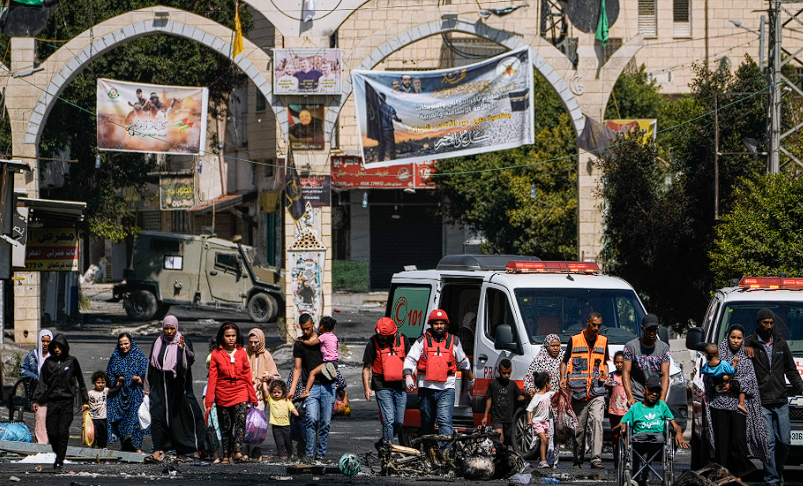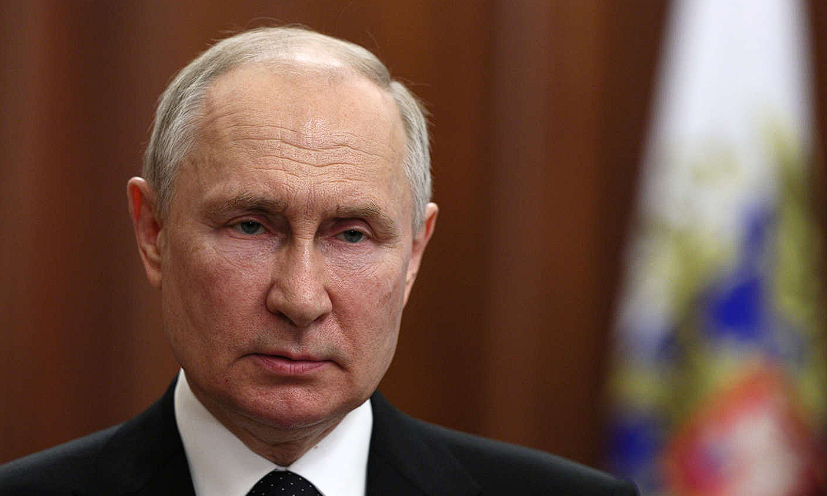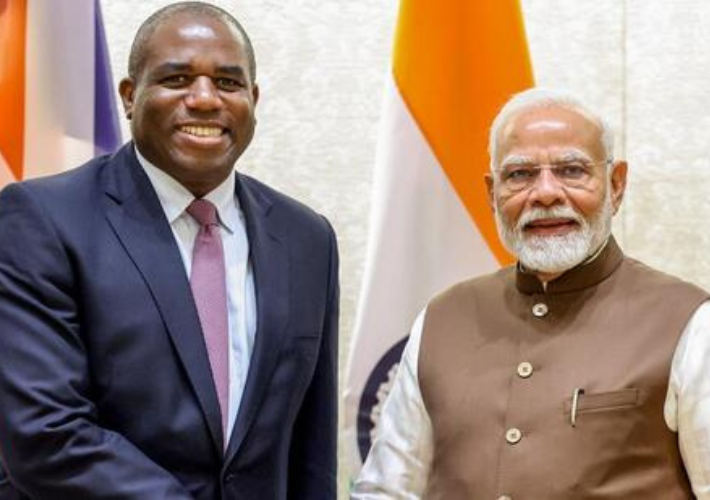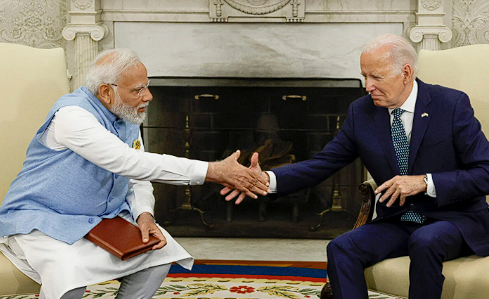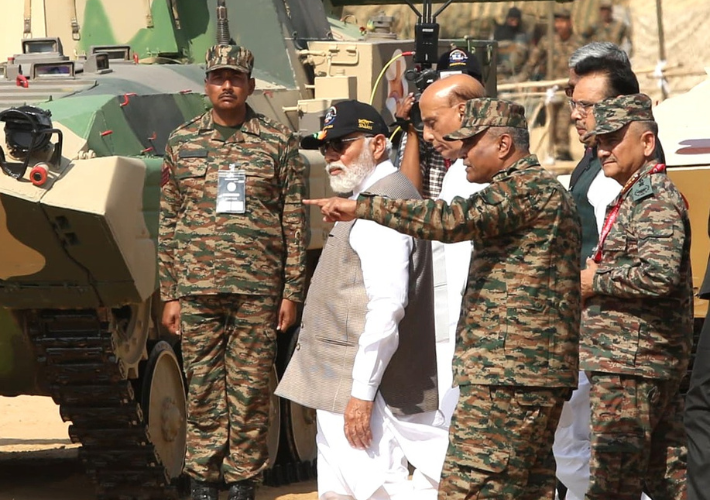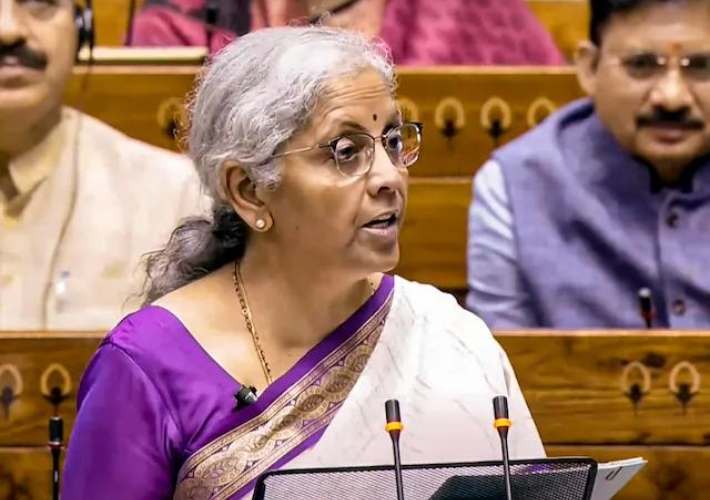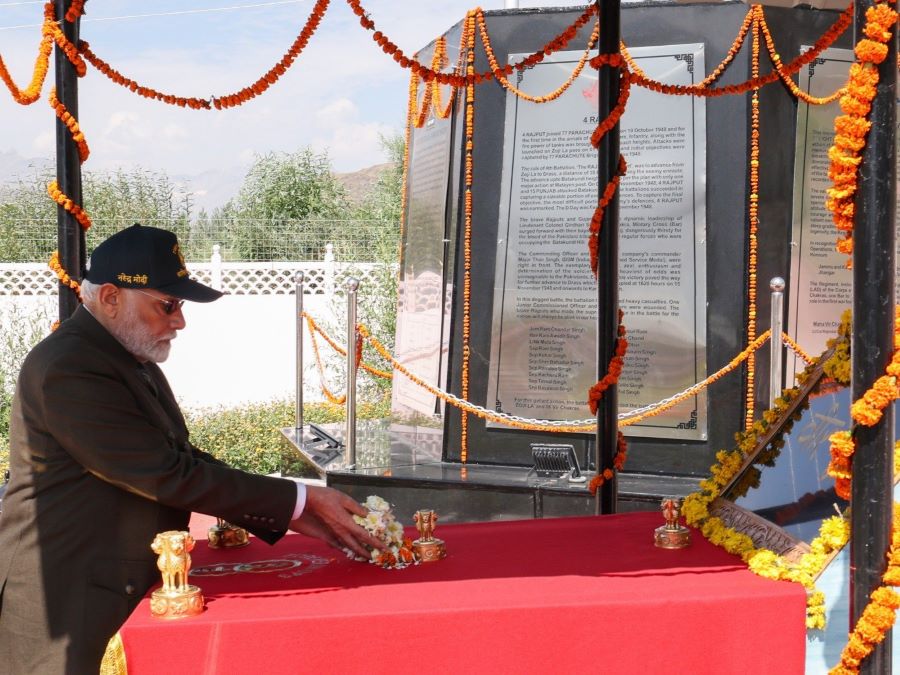Editor’s Note
We are watching a more intractable situation developing in West Asia. The hopes of reconciliation, as such dim, have taken a further blow with Israel allowing more settlements. With no letup in threat from the Gaza Strip, escalation of violence in West Bank makes it a two-front battle for Israel. The endless violence in the area only witnesses escalation. There is hardly a chance for peace with the contestants not ready to make any adjustments
……………………………………………….
The Israeli raid on Jenin Camp in the West Bank on 3 July, 2023 was the fiercest and largest military operation comprising of land as well as air forces (including drones and armed helicopters) in the West Bank in over two decades. Accusing Palestinian militant groups of using Jenin camp for basing fighters within densely populated refugee camp, the Israeli military claimed that it hit a weapons production and explosives storage facility during the assault, reducing threats of future attacks into Israeli territory. Code named ‘House and Garden’, Israel’s military called it an “extensive counterterrorism effort” adding that the raid was intended to “break the safe-haven mindset of the camp, which has become a hornets’ nest”.
During the two-day operation in Jenin which houses more than 14,000 refugees, 12 Palestinians were killed and more than 150 injured. The assault destroyed more than 300 homes and damaged over 400, forcing more than 3,000 Palestinians to flee the camp. The joint air and ground operations in Jenin is the first one of such intensity since the 2002 battle of Jenin, when more than 50 Palestinians and 23 Israeli soldiers were killed. The current military operation, a culmination of a large number of smaller but connected armed skirmishes in the West Bank in over a year has brought the official death toll of Palestinians killed this year in the West Bank to 133.
Israel’s military operations against Palestinian militant groups have generally been targeted inside the Gaza strip, which is governed by Hamas since 2007, one of the rival factions in the Palestinian authority; the other one being Fatah, which governs the West Bank. Soon after Hamas took over the governance of the Gaza Strip in 2007, Israel declared Gaza to be ‘hostile territory’ and put in place a naval blockade. The first significant conflict came when on 4 November, 2008, Israel launched ‘Operation Cast Lead’, a raid in the Gaza Strip to destroy a tunnel on the Gaza-Israel border dug by militants to infiltrate Israel. Four years later, on 14 November 2012, Israel launched ‘Operation Pillar of Defence’, in an attempt to prevent rocket attacks from Gaza and protect its citizens in South Israel. The operation, lasted eight days and resulted in heavy losses to the Hamas.
Less than two years later, on 18 July 2014, Israel launched ‘Operation Protective Edge’, once again an attack into Gaza Strip, this time triggered as response to the kidnapping and murder of three Israeli youth by Palestinians. The next major conflict took place in May 2021, called ‘Operation Guardian of Walls’. The trigger for it was the Israeli police barricading the Damascus Gate in the old city of Jerusalem on 13 April, preventing Palestinian Arabs from offering prayers at the Al Aqsa Mosque on the first day of the holy month of Ramadan. Last year, on the 5th of August 2022, Israel launched another offensive “Operation Breaking Dawn” in Gaza Strip, against an “imminent threat of attack against Israeli civilians posed by the Palestinian Islamic Jihad (PIJ)”. Most recently, in May 2023, Israel launched ‘Operation Shield and Arrow’ into Gaza Strip, as Israel’s response to an escalation of rocket and mortar fire by PIJ, which itself was a response to the death of a senior member of the group’s West Bank branch while on hunger strike in an Israeli prison.
However, over the past two years, there has been a drastic escalation in the number of attacks from and into the West Bank. Jenin Camp has been in the news for becoming a hotbed of militants and a safe hiding place for them. Over the last one year, the intensity of engagement with Israeli forces has intensified. In August 2022, Israeli forces arrested Bassam al-Saadi, the Head of the PIJ in the West Bank and his close aide Asharaf al-Jada in Jenin. Earlier, on 26th January 2023, Israeli forces killed 7 gunmen and 2 civilians in a raid in Jenin. Just a few days back too, on 25th July, 3 Palestinians were killed by Israeli troops in Nablus, West Bank. Israel’s army in a statement said that armed terrorists opened fire on its soldiers from a vehicle in Nablus neighborhood and troops fired back to neutralize the threat.
Plenty for Israel to Ponder
With no letup in threat from Gaza Strip, escalation of violence in West Bank cannot be good news for Israel in any manner. West Bank had relatively been an ‘island of peace’ for the major part since 2007 while Gaza Strip was the focus of conflict. Extension of armed conflict to both parts is a definite setback. To add fire in this emerging situation, PM Netanyahu’s reported statement to Knesset (Israeli parliament) committee members in a closed-door meeting stating on 1st July (reported by The Jerusalem Post) that Palestinian hopes of establishing a sovereign state “must be eliminated,” cannot be termed reconciliatory in any manner.
The continuing settlements for Israeli citizens in West Bank too is a sore point. On 26 June 2023, the Israeli Defense Ministry planning committee approved more than 5,000 new housing units in the West Bank. Peace Now, an Israel-based advocacy group opposed to settlements, in a statement condemned the move stating that “the approval of nearly 5,700 housing units today and over 13,000 in the first half of this year alone should make it clear that the government is rushing headlong toward an annexation coup. The US, principal ally of Israel too has been critical of continued expansion of Israeli settlements in occupied West Bank. US State Department spokesperson Matthew Miller expressing concern said, “We are deeply troubled by the Israeli government’s reported decision to advance planning for over 4,000 settlements in the West Bank. Wasel Abu Yousef, a Palestinian official in the occupied West Bank called the move an “open war against the Palestinian people.”
Abraham Accords and its aim of mainstreaming Israel in the region too is likely to suffer setbacks with the ongoing developments. UAE, one of signatories of the Abraham Accords and which has restored full diplomatic ties with Israel, has been very critical of Israel’s military actions. Immediately after the Jenin raid, UAE Ministry of Foreign Affairs (MoFA) called for the immediate halt of repeated and escalating campaigns against the Palestinian people.
Earlier too in March 2023, Khaldoon Al Mubarak, a senior United Arab Emirates government official met with Prime Minister Benjamin Netanyahu and expressed concerns, stating “The Israeli government’s actions endanger any potential advance [in relations] with the UAE and other Arab countries. This goes against the spirit of the Abraham Accords and the current practice, and endangers regional stability.” There has been lot of back channel talks on brokering diplomatic ties between Saudi Arabia and Israel. However, incidents like this are dampener on such efforts.
Israel has to remember that Muslim solidarity is a glue that binds the nations in the region. Saudi Arabia being the leader of Muslim nations, will therefore weigh its prospects very carefully before taking any decision on relations with Israel. Also, despite the fact that there is creeping wariness on the Palestine issue among the Arab countries due to it’s never ending cycle of conflict and very little of hope of any solution in near future, it is very unlikely that these nations will abandon the Palestinian cause anytime in near future.
Saudi-Iran peace deal announced in March 2023 has led to a wave of reconciliation among the Muslim world. Syria has been readmitted into the Arab League in May 2023, 12 years after its membership was revoked when Syria plunged into a civil war following the ‘Arab Spring’ protests in March 2011. Egypt and Turkey are in talks on the possibility of restoring ties after their relations had ruptured in 2013 after the overthrow of Muslim Brotherhood government in Egypt. Qatar and Bahrain have announced restoration of diplomatic ties and Egypt and Iran are looking to mend ties too. With the region looking ahead to reconcile, the prospects for Israel’s integration in the region become that much harder, especially with the continued conflicts against the Palestinian factions.
Internally too, PM Netanyahu has found the going tough, especially over some of the controversial reforms, primary among them being the judicial reforms. After months of protests and opposition, the bill was finally passed on 24th July 2023 by the Knesset promulgating a law that prevents the courts from reviewing the “reasonableness” of government and ministerial decisions. However, the internal unrest and protest continue. The survivability and longevity of the government in Israel too is always in doubt with a wafer thin majority. When PM Netanyahu won the parliamentary elections in November 2022 mustering up a full majority in the Knesset, it was after enduring a turbulent political period of three years since 2019 over which Israel had to hold five Knesset elections.
Looking Ahead
The recent armed conflicts in West Bank have extended the Palestinian conflict to both flanks of Israel. The use of excessive fire power in the Jenin raid was perhaps avoidable and invited widespread condemnation from the region and the global community. PM Netanyahu’s reported remarks on eliminating any hopes of a sovereign Palestinian state have done no good to the future of peace talks. The reconciliatory wave in the region following the Saudi-Iran peace deal threatens to alienate Israel further, especially if Iran which is ‘Enemy No.1 of Israel’ is accepted back into the region. Also, Iran nuclear deal has made no headway in the past one year, US seems have abandoned any hopes of an early deal and Iran is steadily enriching Uranium, with reports of traces of 84 percent enriched Uranium found by IAEA.
In such a situation, Israel has to seriously review its strategy vis-à-vis Palestine issue. While the right to ensure the safety of its citizens is paramount, the manner and scale of response may be reviewed. The current strategy of ‘peace through security’ is not one which offers hope for peace and reconciliation. Also, provocative steps like building of additional settlements in occupied West Bank draw widespread criticism and shrink the geographical area finally available for a ‘two state solution’. Lastly, the raids like the one on Jenin Camp only result in alienating the two sides further and diminishing prospects of any early solution to the conflict.
Col Rajeev Agarwal (Retd)




